-
Crude oil prices have fallen below $60 per barrel, raising concerns about Nigeria’s ability to fund its 2025 budget without resorting to more borrowing.
-
Nigeria’s budget is predicated on a benchmark oil price of $75 per barrel and a production target of 2.06 million barrels per day, but actual output is lower.
Nigeria’s economy is facing significant challenges as crude oil prices have dropped below $60 per barrel, far below the benchmark price of $75 per barrel set for the 2025 fiscal plan.
This decline in oil prices, coupled with the country’s struggle to boost production above 1.5 million barrels per day, has raised concerns about the federal and state governments’ ability to fund their ambitious budgets.
The 2025 budget, estimated at N75 trillion, is heavily reliant on oil revenue, with the federal government hoping to spend N54.99 trillion and state governments budgeting over N25 trillion.
ATTENTION: Click “HERE” to join our WhatsApp group and receive News updates directly on your WhatsApp!
However, with crude prices below budget expectations, Nigeria may face a revenue shortfall of N19.6 trillion, potentially leading to a ballooning fiscal deficit of up to N30.79 trillion.
Analysts warn that the current downturn will test the resilience of oil majors and their ability to maintain dividends and share buybacks under tighter cash flow conditions.
“Given how uncertain the environment is, investors are looking for some reassurance. The question now is which companies will cut first,” said Biraj Borkhataria, an analyst at RBC Capital Markets.
READ ALSO: Meta, NDPC Engage in Talks to Prevent Exit from Nigerian Market
Despite the challenges, some analysts maintain a positive outlook for firms with strong balance sheets, such as Shell, TotalEnergies, and Equinor. “These firms can withstand the impact of lower oil prices without significantly reducing shareholder returns or long-term growth prospects,” Bank of America analysts noted.
Oil market analyst Kelvin Adegbite said Nigerian crude grades remain competitive, even with OPEC+ planning to increase output. “Buyers are willing to pay a premium for Nigerian crude, especially as global demand remains strong,” he added.

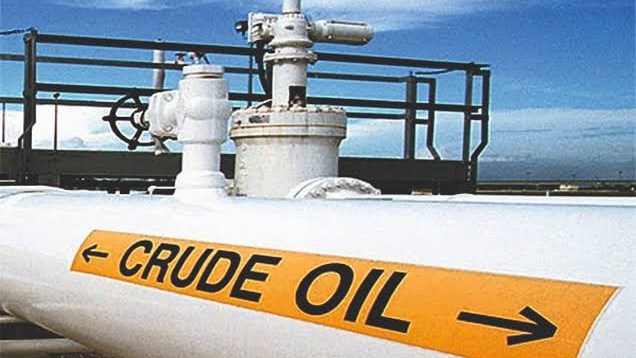
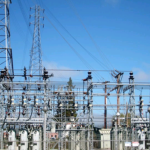


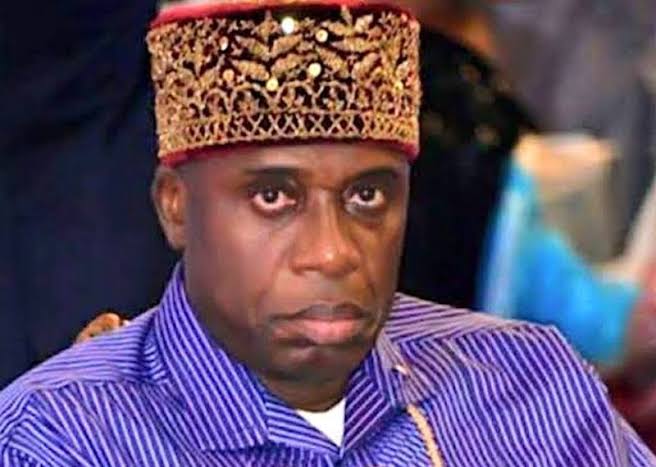




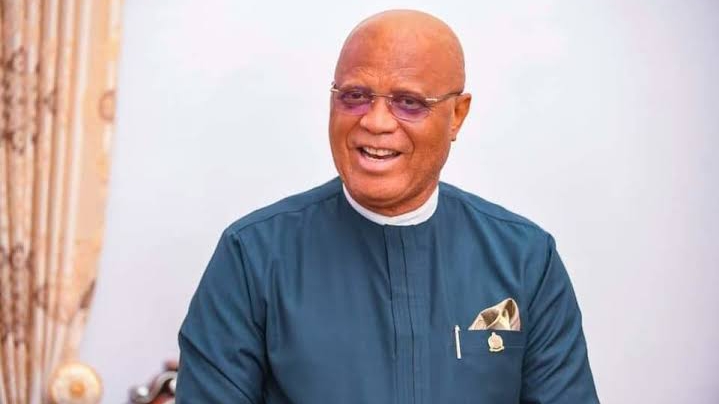


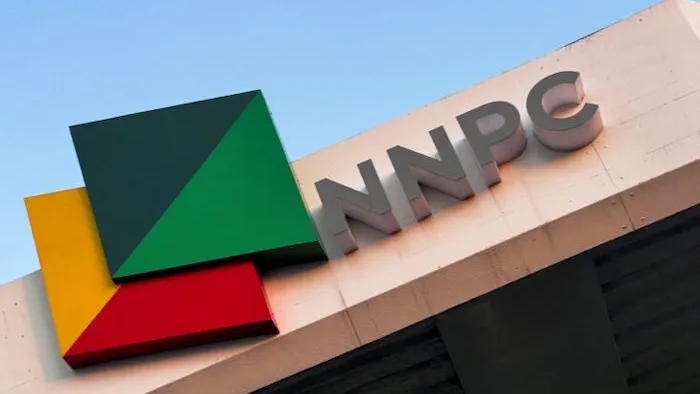



Leave a comment